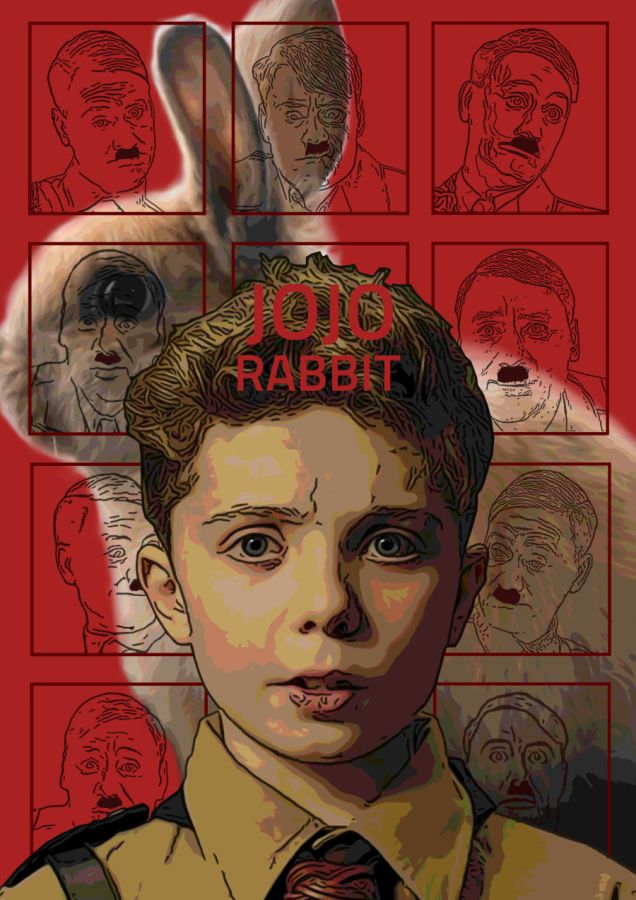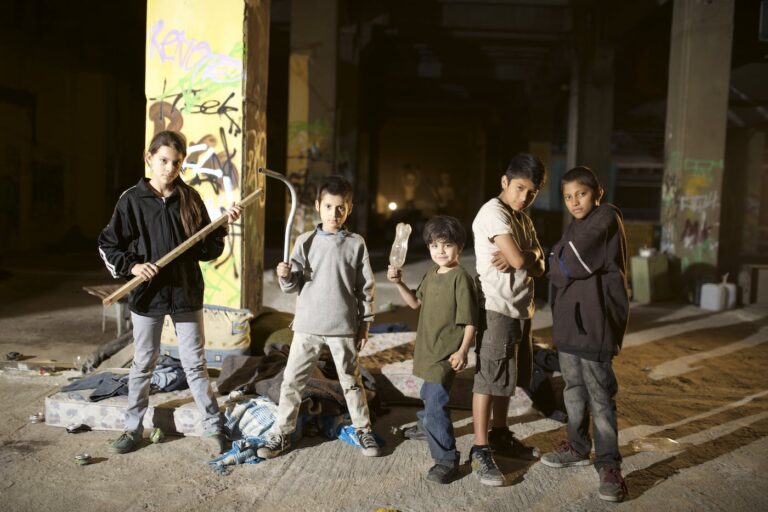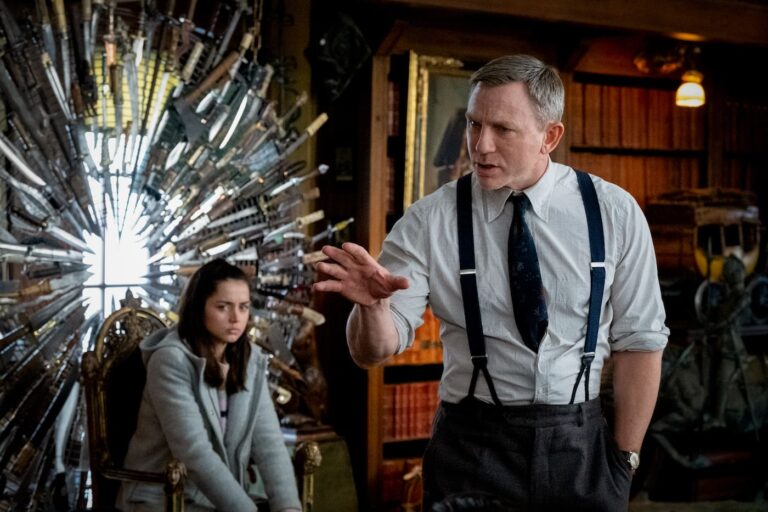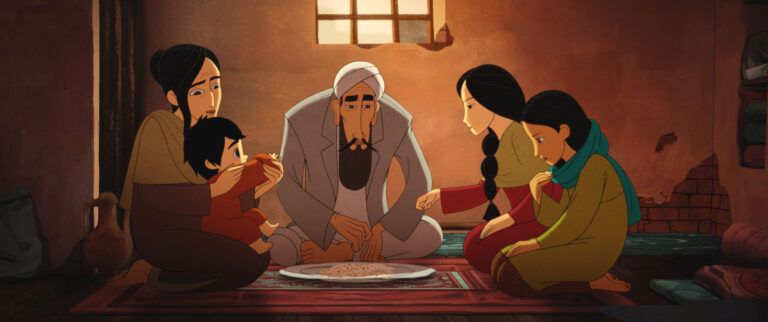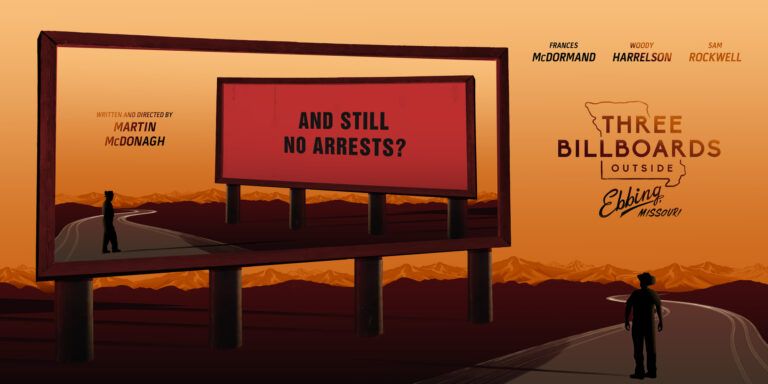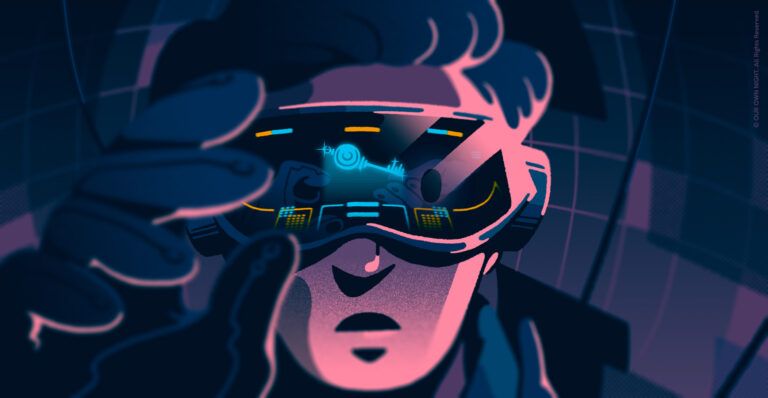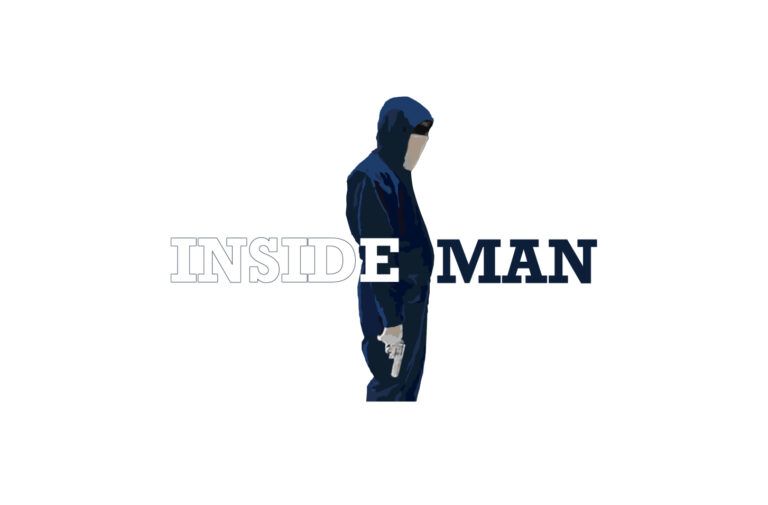Hand grenades away in this devilishly-comedic movie, leaving you to move between moments of wry smiles, supressed giggles and feeling as though your tear ducts are being seriously irrigated. The film centres around the titular character Jojo, a 10-year-old boy whose idolism of Hitler has resulted in him being his imaginary friend. But in true style; “Hitler” bullies, has extreme beliefs, and supports Jojo in his decisions only as long as they’re in line with Nazi views. But these drummed-in ideas of Hitler all come under attack when Jojo discovers a young Jewish girl hiding in his house – she’s not what he thought a Jew would be like. Causing him to have increasing doubts as his unquestioned loyalty suddenly becomes the opposite; he can’t stop asking questions. Why can’t he see her horns? Will she eat them alive? And how do you tell a Jew from anyone else? The last question repeated with a feel of Shakespeare’s Shylock, the answer never given for the underlying point being – is their really a difference?
As the story progresses we follow Jojo’s slow disillusionment of Hitler and his regime, the imaginary Adolf Hitler becoming more grotesque and frightening in his attitude as Jojo pulls further away from him.
The general indoctrination of everyday people is also made farcical, with the “Heil Hitlers’” wearing so thin as to be beyond ridiculous, which is a strong theme of the film; with the absurdity of Nazi lies, and its tapping into people’s fears. The incredulous untruths of Hitler’s regime made believable only through peer pressure, ignorance and a desperate longing of wanting to be part of the club, instead of being on the outside. In Jojo’s dress-up as a soldier I was in particular reminded of the young boys who went to war – themselves barely men and as his mother sarcastically jokes, why not conscript children? The idea seemingly taken up when Jojo’s eleven-year-old best friend is made a soldier, his weapon the most extreme; a bazooka, while his personality is the opposite; overly sweet, charming and hilarious. The point of stupidity, extremes and contrasts all being shouted to the audience.
Taika Waititi, the mastermind behind this and many other hilariously clever films, thrives on wittily placed points of irony in Jojo Rabbit to make the audience aware, without being preachy; that yes this happened, it’s horrible and shocking, and no one escaped suffering. Along with showing the power of propaganda to brainwash even the smartest of people, with the most stupid of ideas. One of Waititi’s most effective uses in conveying this is the film’s use of symbolism, such as the opening credits showing the mass hysteria of Hitler’s fandom, to a background track of the Beatles whose own mania was huge – a point being suggested that the German citizens fell into a mass appeal of a Hitler fan club. However, once individuals are pulled away from a group setting, their thoughts become more distinct, curious and in Jojo’s case more defiant against such cruel and sickening rules.
In the end credits an extract from Rilke’s poem ‘Go to the Limits of Your Longing’ is included, with the line ‘beauty and terror’ ringing most poignantly within Jojo Rabbit – for the two run in parallel and in contrast throughout. For example when a stunning butterfly leads to an ash covered floor; above which hang the feet of those who rebelled against the Nazis. The colour of one victim’s coat standing close to the bright blue of the butterflies wings, its appearance heralding the horrifying realisation of what has happened.
In creating Jojo Rabbit the casting directors (Des Hamilton and Shayna Markowitz) have certainly excavated from a goldmine of talent, with Scarlett Johansson’s performance being one of the most outstanding in any film to date. Balancing a mother’s love and worry, alongside a determination to fight against the fanaticism of her surrounding countrymen, and even within her own household – doing both alone. While Sam Rockwell, who I don’t think I’ve seen do a bad film (including Mr Right – yes I like that film), manages to create a character whose multifaceted and with only the barest of subtleties and the smallest exchanges of dialogue. The words left unspoken being just as strong as what’s said. The younger performances from Roman Griffin Davis who plays the titular lead Jojo, Thomasin McKenzie as Elsa, and Archie Yates as Yorki are exceptional – making the characters feel real in their representation, and with such talent they’re sure to become permanent stars of the movie industry, and dominating many an award ceremony to come. But the most remarkable transformation is by the director and writer; Taika Waititi who plays Adolf Hitler. His versatility, humour and ability to pull any number of faces, making him the perfect choice as Jojo’s stupid Hitler.
Waititi has produced a new and exciting film in a field that’s become almost stale with its glorification and horrors of World War battles, with Jojo Rabbit choosing instead to voice civilian life in a German town. Here, there are acts of cruelty, but there’s also no single villain (aside from the imaginary Hitler) with both sides of the war shown to carry out wrongdoings – all while waving their flags of patriotism, and shouting their own justifications. In this dispelling of heroes and villains, the town is shown to contain a wide range of people that dispute the painted image of everyone being Nazi monsters; instead there are some tremendous acts of compassion from the most extraordinary of places, and with ordinary people choosing to do what’s right.
In having Jojo as the lead figure the scenes play out with a mix of conflicting emotions; he’s a little boy lost in what direction to go in, of what voice to listen to, and with everything coming at a time of puberty. Through JoJo’s character, Waititi has culminated a feeling of what it means to be all too human.
Jojo Rabbit is a piece of movie magic in which the audience watches the transformation of a boy’s make-believe world, into a dark and twisted comedy, till finally reaching the terrifying reality of what has happened. Jojo takes you on that final journey of realism to an ending of brutality, sacrifice and kindness.
Director & Writer: Taika Waititi
Other notable works:
- Thor: Love and Thunder 2022
- Our Flag Means Death 2022 –
- Reservation Dogs 2021 –
- What We Do in the Shadows (TV series) 2019 –
- Wellington Paranormal 2018 –
- Thor: Ragnarok 2017
- Hunt for the Wilderpeople 2016
- What We Do in the Shadows 2014
- Boy 2010
- Flight of the Conchords 2007-2009
Based on Caging Skies by Christine Leunens.

